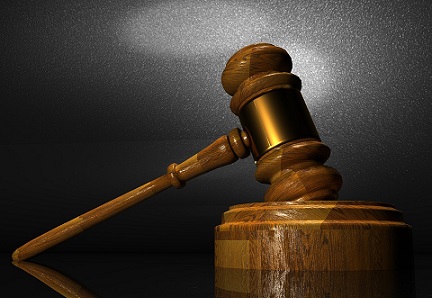
Florida’s Supreme Court has ruled on something that most social media users already know: Facebook friendships are not real.
Specifically, the court said in a Nov. 15 opinion that a Facebook friendship between a judge and an attorney does not mean the judge is too biased to preside over that attorney’s case.
Ruling on an appeal in a case where one side argued a trial court judge should be disqualified because of a Facebook friendship, the court added that even traditional, IRL friendship wouldn’t necessarily be disqualifying, because the nature of friendship is “indeterminate.”
The ruling includes some philosophical musings on the meaning of friendship. For chief justice Charles Canady, who writes for the majority, a real friend, “is a person attached to another person by feelings of affection or esteem.” Meanwhile, a Facebook friend is a “person digitally connected to another person by virtue of their Facebook ‘friendship.’” And a Facebook friendship, he says, “does not objectively signal the existence of the affection and esteem involved in a traditional ‘friendship.’”
Citing previous courts’ rulings, the justice pointed out that you can have thousands of Facebook friends. Users also often can’t recall every single person they’ve ever friended. What’s more, Facebook friends are often selected based on the platform’s algorithmic suggestions, and not personal interactions. In an inadvertent burn to Facebook’s mission of connecting people and building community, the justice writes:
Today it is commonly understood that Facebook “friendship” exists on an even broader spectrum than traditional “friendship.” Traditional “friendship” varies in degree from greatest intimacy to casual acquaintance; Facebook “friendship” varies in degree from greatest intimacy to “virtual stranger” or “complete stranger.”
Source: qz.com






Be the first to comment